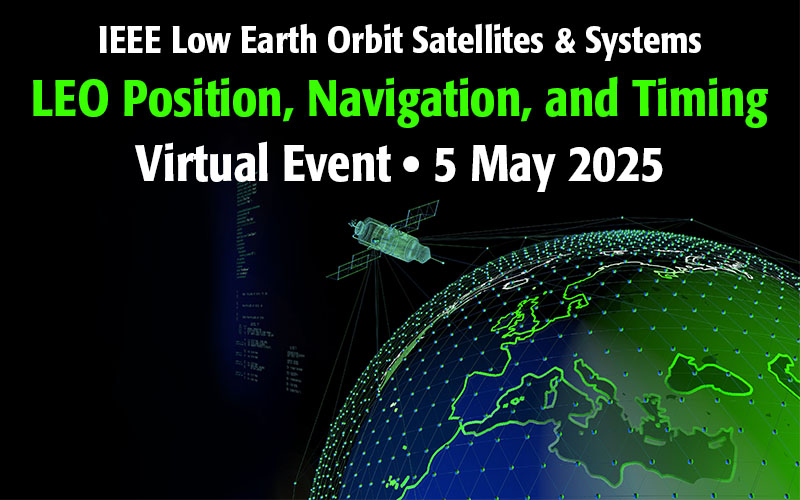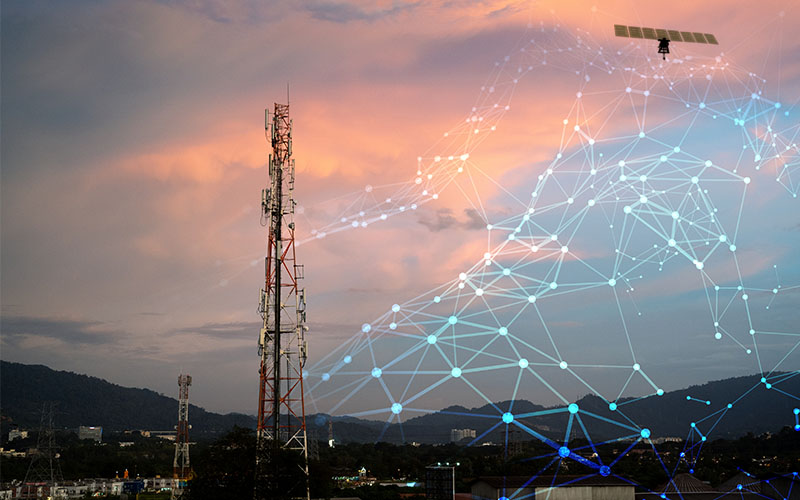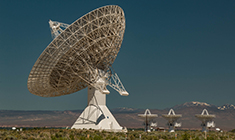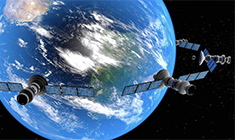What’s New
Now Available On-Demand: IEEE LEO Workshop • LEO Position, Navigating, and Timing (PNT) • 5 May 2025
This workshop had a deep discussion about advancements in LEO-based positioning, Navigation, and Timing (PNT), exploring novel techniques, system architectures, and real-world applications.
IEEE LEO Workshop • Radiation Effects on Satellites and Space Systems • 13 November 2024
Low Earth orbit (LEO) satellites operate in a demanding environment where radiation and other space phenomena have a significant impact. Designing and testing for this environment is a critical success factor for any satellite program.
Space Hardware Design: From the Idea to a Successful Demonstration in Space
This half-day workshop presents practical guidelines and experiences on hardware and system design for space applications and will be held as part of the 12ᵗʰ Annual IEEE International Conference on Wireless for Space and Extreme Environments Conference.
Available On-Demand: IEEE LEO SatS Space Environment Workshop
This workshop covered topics to demonstrate what IEEE is doing to understand the carbon footprint of satellites, their manufacturing impact on the environment, etc.
Feature Articles
Space-Based Sensor Captures Lightning Data in a Bottle
Better lightning data could improve severe weather forecasts and warnings, and could help researchers to understand where hazards will increase in the future—and the associated impacts such as wildfires and need for lightning-proofed infrastructure. A unique optical sensor that just spent two years on the International Space Station could help fill those gaps.
AEROSPACE NEWS Sharp-eyed Telescope Tracks Satellites During Daylight
Astronomers at Macquarie University in Sydney have developed a new technique that makes possible daylight observation of structures in the Milky Way galaxy, potentially doubling available observation time and increasing our knowledge of the cosmos. This advance also promises to improve space safety…
Satellite-Sharing Enables Low-Cost Earth Observation
In August, Oleksii Kryvobok walked through a green and yellow field of sunflowers south of Kyiv, Ukraine, and measured the harvest’s photosynthetic activity with a device on a tripod. Hundreds of kilometers overhead, the EOS SAT-1 satellite, launched by Kryvobok’s employer, EOS Data Analytics (EOSDA), in Mountain View, California, was making the same measurements from orbit.
IEEE Spectrum’s Top Telecom Stories of 2023
Faster and better—or broken and worse? IEEE Spectrum‘s readers gravitated to the extremes in the kinds of telecom stories they read this year. On the one hand, stories about Russia’s satellite jamming operations in Ukraine and stumbling 5G performance around the world attracted a lot of attention from our visitors in 2023.
Technology Spotlight
NASA Approves Mission to Launch “Artificial Star”
NASA has new plans to launch a tiny satellite mimicking a star into space. The goal of the laser-carrying, bread-box-size orbiter is to calibrate telescopes by using the satellite as a pseudostar with precisely known features. The resulting boost in accuracy for these observatories may one day help reveal new details about exoplanets around distant stars…
World CanSat/ Rocketry Championship World Finals
We are excited to help promote the World CanSat/Rocketry Championship (WCRC) 2024, set to take place from September 13 to 15 in the beautiful city of Aveiro, Portugal. This prestigious event gathers the brightest minds from across the globe to compete in designing and launching CanSat projects.
Learn more at the CanSat Competition website
The LEO Satellite Industry Needs More Engineers
Look up. The odds are good that one or more low-Earth-orbit satellites are above you right now. Some 5,000 LEO satellites currently orbit 500 to 1,500 kilometers above the Earth, helping to forecast the weather, transmit data, and provide broadband Internet to underserved areas.
Amazon Fires Up Its Space Lasers
Kuiper internet satellites will form a mesh network using optical links. A shoot-out featuring thousands of lasers is about to break out in low earth orbit. Luckily, no one will get hurt—the lasers’ targets are the protagonists’ own communications satellites. Amazon has just announced that two of its prototype internet satellites equipped with infrared lasers.





















